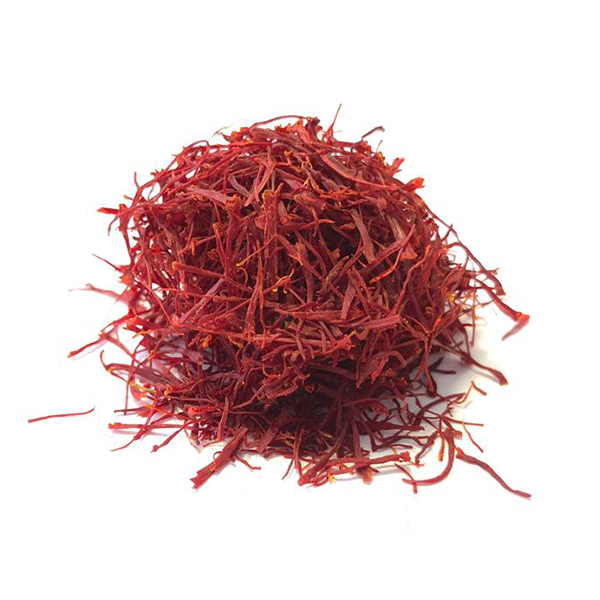Benefits and Precautions
Saffron, a luxurious and fragrant spice, is widely known for its vibrant color and health benefits. When it comes to pregnancy, saffron has been used traditionally for centuries in many cultures. However, it’s important to understand both its benefits and potential risks when consumed during pregnancy. In this article, we explore the safe uses of saffron in pregnancy and how to use it effectively.Saffron Uses in Pregnancy

What is Saffron and Why is It Popular During Pregnancy?
1. The Richness of Saffron
Saffron is derived from the flower Crocus sativus and is one of the most expensive spices in the world. Its unique flavor, aroma, and rich color make it a prized addition to many dishes and beverages. But beyond its culinary uses, saffron has been valued for its medicinal properties, especially in traditional remedies.
2. Saffron in Traditional Medicine
For centuries, saffron has been used in folk medicine for its anti-inflammatory, antioxidant, and mood-enhancing properties. It’s believed to help alleviate various pregnancy-related discomforts, from nausea to mood swings. Nevertheless, it’s essential to be cautious about the dosage and frequency of saffron consumption during pregnancy.
The Potential Benefits of Saffron During Pregnancy
1. Boosts Mood and Reduces Stress
Pregnancy can often bring mood swings, anxiety, and stress due to hormonal fluctuations. Saffron is known for its mood-enhancing properties, thanks to compounds like safranal and crocin. Research suggests that saffron can act as a natural antidepressant, helping to boost mood and reduce symptoms of mild depression or anxiety, which can be common during pregnancy. Therefore, it offers a natural way to support emotional health.
2. Relieves Pregnancy-Related Nausea
Morning sickness is a common issue during the first trimester. Some studies have shown that saffron may help reduce nausea and vomiting. Consuming a small amount of saffron in warm water or tea could provide relief. However, it’s important to consult a healthcare provider before using saffron as a remedy.
3. Improves Digestion and Reduces Inflammation
Pregnancy often leads to digestive issues like bloating, constipation, and indigestion. Saffron has anti-inflammatory and digestive properties that can help ease these discomforts. It can also help improve appetite and promote better digestion, contributing to overall well-being during pregnancy. Thus, saffron supports multiple aspects of digestive health.
Precautions When Using Saffron During Pregnancy
1. Stick to Moderation
While saffron can offer many benefits, it’s essential to use it in moderation during pregnancy. Excessive consumption, particularly in large amounts (more than 1.5 grams per day), may lead to uterine contractions and increase the risk of miscarriage. For this reason, most experts recommend limiting saffron intake to a pinch or small dose, such as adding it to a cup of milk or tea.
2. Consult Your Doctor First
Before including saffron in your pregnancy diet, it’s crucial to consult your doctor or healthcare provider. They can guide you on the appropriate dosage and whether saffron is suitable for you based on your health status and pregnancy stage. In addition, they can monitor for any adverse reactions.
3. Avoid Uncertified Saffron Products
The quality of saffron is critical. Always ensure you purchase saffron from reputable sources, as counterfeit or adulterated saffron may contain harmful additives. Look for certified, organic saffron to ensure its purity and safety. Therefore, purchasing saffron carefully is vital.
How to Safely Use Saffron During Pregnancy
1. Saffron Milk
A traditional and safe way to consume saffron is by making saffron milk. Simply soak a few strands of saffron in warm milk for 5-10 minutes and drink it. This method provides a gentle way to enjoy saffron’s benefits.
2. Saffron Tea
Another popular option is saffron tea. Steep a pinch of saffron in hot water for 5-7 minutes, and drink it for a soothing, mild flavor. Be sure to limit your consumption to 1-2 cups per day to stay within safe limits.






